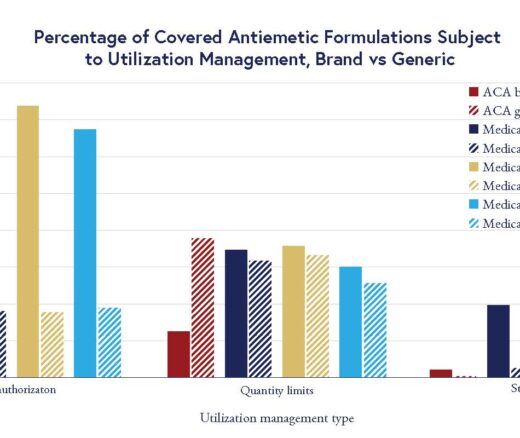
Medicare’s Hidden Fix for High Drug Costs
Medicare’s Payment Plan Can Ease Seniors’ Crushing Drug Costs but Medicare Buries it in the Fine Print
In Their Own Words

The following excerpt is from an op-ed that first appeared in STAT News on May 30th, 2025.
The U.S. is facing two major threats to long-term care, and either could topple our precarious system. These developments should worry Congress and anyone who supports an aging loved one or a family member with disabilities.
The first threat is the ongoing immigration crackdown. Immigrants comprise 28% of the entire long-term care workforce along with one in three home care workers, providing vital frontline care to older adults and people with disabilities. Recent estimates suggest that 15% of immigrant workers at home care agencies are undocumented; however, even lawful permanent residents have been caught up in recent deportation efforts.
These workers fill critical gaps in a sector that has been plagued by worker shortages for decades, a situation that has grown more dire since the Covid-19 pandemic. Our research suggests that the threat of deportation will only worsen these shortages, hurting people who need care and their family members. Policies that separate immigrant caregivers from their communities threaten both vulnerable Americans and the frontline workers who sustain them. For the nation’s long-term care system, these policies represent an existential threat.
The trouble doesn’t stop there. Medicaid, the nation’s largest funder of long-term care, could soon see the largest cuts in its 60-year history. Republicans in Congress are seeking $880 billion in Medicaid cuts to finance the president’s domestic agenda, a terrifying prospect for the nearly 6 million people who rely on Medicaid for long-term care. The House bill that passed on May 22, for example, would eliminate critical options that states use to finance their share of Medicaid costs.
Medicaid cuts will force difficult decisions onto state officials, who struggle to adequately fund long-term care even in the absence of proposed cuts. Already, more than 700,000 people are on waiting lists for services. Further shifting these costs onto states may result in fewer services, with home-based support for older Americans a likely target for cuts, because it is an optional benefit.
See the full op-ed here.



Medicare’s Payment Plan Can Ease Seniors’ Crushing Drug Costs but Medicare Buries it in the Fine Print

Even With Lower Prices, Medicare, Medicaid, and Other Insurers Tighten Coverage for Drugs Like Mounjaro and Zepbound Using Prior Authorization and Other Tools

A 2024 Study Showing How Even Small Copays Reduce PrEP Use Fueled Media, Legal, and Advocacy Efforts As Courts Weighed a Case Threatening No-Cost Preventive Care for Millions

Chart of the Day: LDI Researchers Report Major Coverage Differences Across ACA and Medicaid Plans, Affecting Access to Drugs That Treat Chemo-Related Nausea

Insurers Avoid Counties With Small Populations and Poor Health but a New LDI Study Finds Limited Evidence of Anticompetitive Behavior

A Proven, Low-Risk Treatment Is Backed by Major Studies and Patient Demand, Yet Medicare and Insurers Still Make It Hard To Use